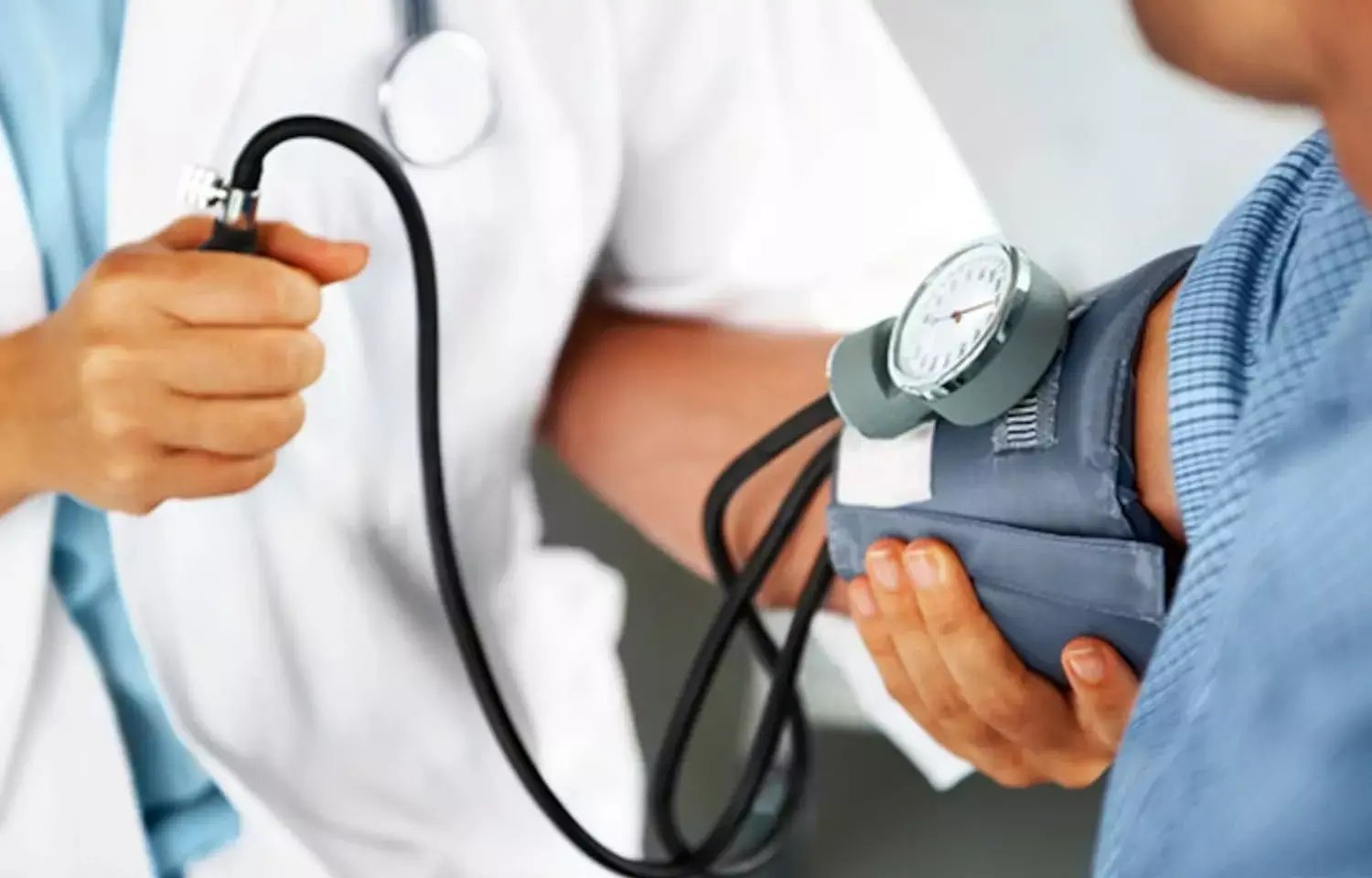- Home
- Medical news & Guidelines
- Anesthesiology
- Cardiology and CTVS
- Critical Care
- Dentistry
- Dermatology
- Diabetes and Endocrinology
- ENT
- Gastroenterology
- Medicine
- Nephrology
- Neurology
- Obstretics-Gynaecology
- Oncology
- Ophthalmology
- Orthopaedics
- Pediatrics-Neonatology
- Psychiatry
- Pulmonology
- Radiology
- Surgery
- Urology
- Laboratory Medicine
- Diet
- Nursing
- Paramedical
- Physiotherapy
- Health news
- Fact Check
- Bone Health Fact Check
- Brain Health Fact Check
- Cancer Related Fact Check
- Child Care Fact Check
- Dental and oral health fact check
- Diabetes and metabolic health fact check
- Diet and Nutrition Fact Check
- Eye and ENT Care Fact Check
- Fitness fact check
- Gut health fact check
- Heart health fact check
- Kidney health fact check
- Medical education fact check
- Men's health fact check
- Respiratory fact check
- Skin and hair care fact check
- Vaccine and Immunization fact check
- Women's health fact check
- AYUSH
- State News
- Andaman and Nicobar Islands
- Andhra Pradesh
- Arunachal Pradesh
- Assam
- Bihar
- Chandigarh
- Chattisgarh
- Dadra and Nagar Haveli
- Daman and Diu
- Delhi
- Goa
- Gujarat
- Haryana
- Himachal Pradesh
- Jammu & Kashmir
- Jharkhand
- Karnataka
- Kerala
- Ladakh
- Lakshadweep
- Madhya Pradesh
- Maharashtra
- Manipur
- Meghalaya
- Mizoram
- Nagaland
- Odisha
- Puducherry
- Punjab
- Rajasthan
- Sikkim
- Tamil Nadu
- Telangana
- Tripura
- Uttar Pradesh
- Uttrakhand
- West Bengal
- Medical Education
- Industry
TyG-BMI and METS-IR best parameters for predicting hypertension risk in diabetics: Study

Germany: A recent study published in Diabetology & Metabolic Syndrome has shown triglyceride-glucose index with body mass index (TyG-BMI) and metabolic score for IR (METS-IR) to be independent risk factors for the prevalence of hypertension. Both the parameters (TyG-BMI and METS-IR) had good predictive value for the prevalence of hypertension, and TyG-BMI was superior to METS-IR.
Hypertension is one of the leading causes of disability-adjusted life years worldwide and is a critical public health challenge. Its prevalence is expected to increase globally, particularly in developing countries. The number of people affected by hypertension will likely increase to 1.56 billion by 2025. In this regard, it is essential to early identify specific populations at potential risk of hypertension development to lower mortality and disability associated with hypertension.
Various studies have examined the association between insulin resistance (IR) surrogates and hypertension risk. However, there is a lack of ambiguity on whether the differences exist between different IR surrogates and the risk of hypertension. Therefore, Siwei Chen, Department of Cardiovascular Medicine, The Third Hospital of Nanchang, Nanchang, Jiangxi, China, and colleagues aimed to investigate the association of four IR surrogates (TyG index, TyG-BMI, triglycerides/high-density lipoprotein cholesterol ratio (TG/HDL-c), and METS-IR)) with the prevalence of hypertension.
For this purpose, the researchers performed a cross-sectional study with a total of 117,056 participants. Data were extracted from a database that included all medical records of participants who received a health check-up from 2010 to 2016. IR surrogates were classified into quartiles as continuous variables. The relation between different IR surrogate levels and the prevalence of hypertension was estimated using multivariate logistic regression.
For further evaluating the relationship between baseline characteristics and the four IR surrogates, and prevalence of hypertension, and the importance of every single variable for the prevalence of hypertension.
The study demonstrated the following findings:
· Multivariate logistic regression analysis showed that METS-IR and TyG-BMI were independent risk factors for the prevalence of hypertension that increased significantly with increasing METS-IR and TyG-BMI.
· The area under the TyG-BMI curve (AUC) was 0.681, and the cut-off value was 199.5, with respective sensitivity and specificity of 65.57% and 61.18%.
· The area under the METS-IR curve (AUC) was 0.679, and the cut-off value was 33.61, with respective sensitivity and specificity of 69.67% and 56.67%.
· TyG-BMI was the most critical predictor of hypertension prevalence among these four IR surrogates and related variables, with a significance of 34%. The results before and after multiple imputations were similar.
"TyG-BMI and METS-IR (among the IR surrogates described) were independent risk factors for the prevalence of hypertension," the researchers wrote in their conclusion.
"TyG-BMI and METS-IR had acceptable predictive value for the prevalence of hypertension, and TyG-BMI had the upper hand over METS-IR."
Reference:
Cheng, W., Kong, F. & Chen, S. Comparison of the predictive value of four insulin resistance surrogates for the prevalence of hypertension: a population-based study. Diabetol Metab Syndr 14, 137 (2022). https://doi.org/10.1186/s13098-022-00907-9
Dr Kamal Kant Kohli-MBBS, DTCD- a chest specialist with more than 30 years of practice and a flair for writing clinical articles, Dr Kamal Kant Kohli joined Medical Dialogues as a Chief Editor of Medical News. Besides writing articles, as an editor, he proofreads and verifies all the medical content published on Medical Dialogues including those coming from journals, studies,medical conferences,guidelines etc. Email: drkohli@medicaldialogues.in. Contact no. 011-43720751


